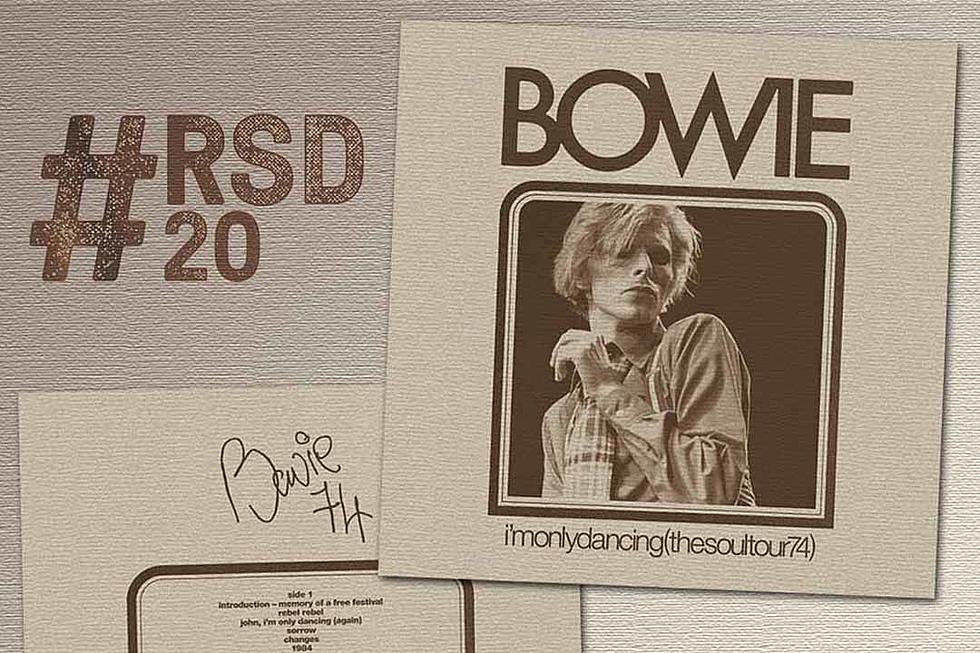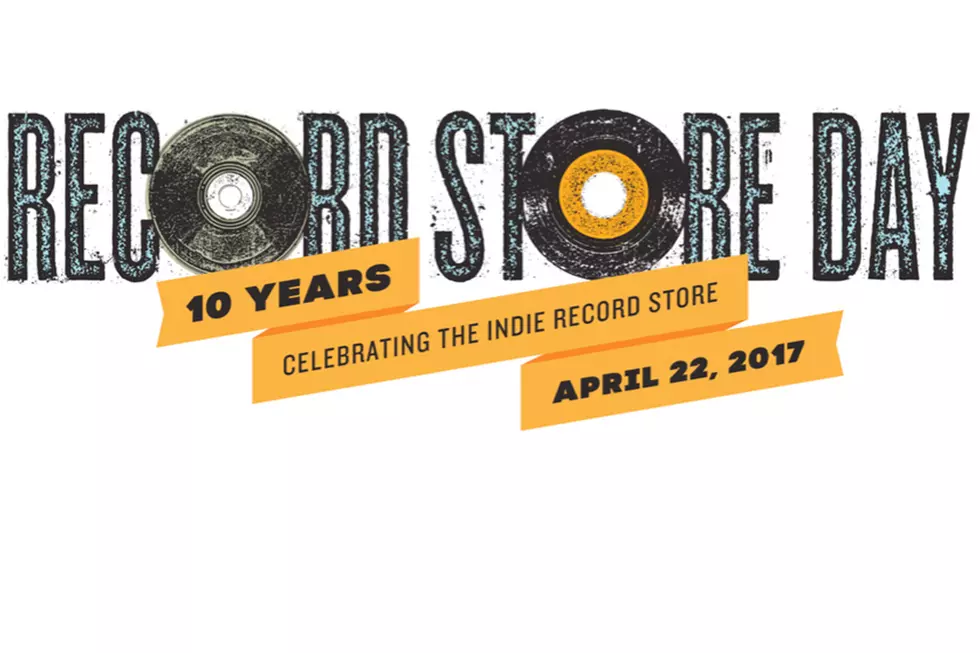
The Flipside of Record Store Day: In the U.K., Not Everyone Is a Fan
Since it's inception in 2007, Record Store Day has become a holiday of sorts among the music buying public. Not only has it caught on with vinyl enthusiasts, it's flourished, going from the few and the proud to massive mainstream success. The recent resurgence of interest in wax has benefited from RSD and helped push the event into the international mammoth it's become.
Like any good record, however, there is a flipside.
Whether true or not, criticism has been leveled at RSD regarding the fact that, what began as a special event aimed at giving independent labels and stores a chance to be in the spotlight, has been hijacked by major labels. Just last month, U.K. indie labels Howling Owl and Sonic Cathedral joined forces to take a stand against RSD. "We can't compete, so we won't compete," reads a statement -- entitled "Why Record Store Day Is Dying" -- on Sonic Cathedral's website. They say that the holiday has become "just another event in the annual music industry circus," adding, "so we'll be the clowns."
Joining the conversation, mastering and cutting engineer Frank Merritt, of London-based Carvery Cuts, told Gigwise, "I don't know how I feel about Record Store Day ... it puts an enormous strain onto an already over stressed record industry, and it's predominantly hijacked by the major labels. Last year we did a lot of records for Record Store Day, and we predominantly worked with independent labels. This year, we haven't done any. I think Record Store Day is there for people who don't buy a great deal of records, that go out once a year, and I don't think that's right."
Entertainment Retailers Association, the company behind the U.K. edition of Record Store Day, issued their own statement that, in part, reads, "To make it clear, the purpose of Record Store Day is not to promote independent labels. It is to promote independent record shops (the clue is in the name)." Meanwhile, the British arm of Universal Music calls RSD "the single best thing that has ever happened to the indie stores."
Another complaint from retailers is that these "limited edition" RSD titles are sold to stores on a one way, no return policy basis. The shops know upfront that they might not get everything they order, so they often order a higher quantity of any given title to try and ensure they get at least one or two pieces. In addition, the price the retailer pays is higher than for a regular release, and obviously, to make any profit, they have to charge more to the consumer. Some stores have reported that many of their regular customers purposely stay away on RSD for this reason.
And finally, there is the greed factor.
Some customers will wait in line at select shops to buy these limited titles, only to head right home and slap them on eBay, jacking up the prices even higher. Last year, Paul Weller announced he would no longer take part in the special day for this reason. “I am disheartened by the whole thing and unfortunately I won’t be taking part in Record Store Day again," he told The Independent. "It’s such a shame because I am a big supporter of independent record stores but the greedy touts making a fast buck off genuine fans is disgusting and goes against the whole philosophy of RSD." (For those who side with Weller on this part of the discussion, we recommend reading "Record Store Day -- Scarcity and Scalping".)
It is a supply and demand kind of world. While the recent spotlight on the flipside of Record Store Day is coming from the U.K., it's not uncommon to hear similar criticisms stateside. Where do you fall on this conversation? Will you be participating in this year's RSD? Let us know in the comments section below!
More From Diffuser.fm









